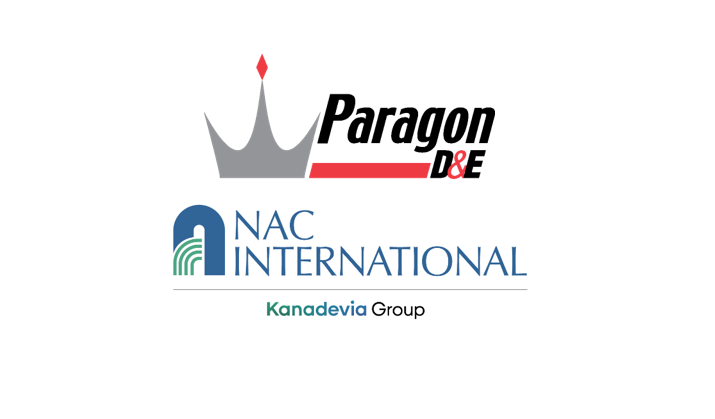Kenny Epperson
Concord, NC, USA
 Mr. Kenny Epperson has been working in the commercial nuclear industry for over 38 years. He began his career with Virginia Power at North Anna Power Station as a reactor engineer and then a licensed Senior Reactor Operator (SRO) shift technical advisor (STA). In 1989, he began a career with Duke Energy in the corporate office supporting fuel design and analyses. The work involved development, approval, and implementation of NRC licensed methodology for thermal-hydraulic DNB and fuel rod mechanical analyses of reload fuel cycles for seven PWRs. He coauthored two topical reports on statistical DNB analysis methodology and fuel assembly reconstitution. In addition, he assisted two vendors in the development and initial Duke analyses of four new fuel assembly designs and managed the implementation of two Lead Test Assembly (LTA) programs.
Mr. Kenny Epperson has been working in the commercial nuclear industry for over 38 years. He began his career with Virginia Power at North Anna Power Station as a reactor engineer and then a licensed Senior Reactor Operator (SRO) shift technical advisor (STA). In 1989, he began a career with Duke Energy in the corporate office supporting fuel design and analyses. The work involved development, approval, and implementation of NRC licensed methodology for thermal-hydraulic DNB and fuel rod mechanical analyses of reload fuel cycles for seven PWRs. He coauthored two topical reports on statistical DNB analysis methodology and fuel assembly reconstitution. In addition, he assisted two vendors in the development and initial Duke analyses of four new fuel assembly designs and managed the implementation of two Lead Test Assembly (LTA) programs.In the late 1990’s, he assisted in development of and application for a PWR crud deposition code. This code was a first of a kind tool that uses a PWR system model for evaluating Crud Induced Power Shift, or CIPS, risk. He also was a charter utility member of the Electric Power Research Institute (EPRI) PWR Technical Advisory Committee (P-TAC) for PWR crud, serving as vice-chair for five years until 2008. He participated in the EPRI guideline teams that developed and maintains the PWR crud induced corrosion and grid to rod fretting guidelines.
Mr. Epperson has been a self-employed consultant since 2008 and has been involved maintaining and updating the PWR crud deposition code, in development of a EPRI BWR code for fuel crud deposition and associated risks, as well as assisting with other fuel reliability program issues such as foreign material exclusion (FME).
Other special topic experiences include analysis of off-normal reactor system hydraulic events such as unanticipated primary system flow decreases, reactor vessel lower plenum flow anomaly, and hot leg flow switching. He has provided independent evaluations of fuel failure root cause analyses performed by fuel vendors. Program manager experiences included implementing an advanced ultrasonic fuel cleaning system at Duke Power on a condensed schedule, from conception to in field use in seven months.
He earned a bachelor’s degree in nuclear engineering from North Carolina State University and is a registered Professional Engineer in the states of North Carolina, South Carolina, and Virginia.
Areas of Expertise
- Compatibility and mixed core evaluations
- Fuel design change reviews
- Fuel handling, core loading, and operational support
- Fuel performance and reliability
- Fuel rod analyses
- New fuel design reviews / LTA's / Accident Tolerant Fuel
- Poolside inspections and failure cause determination
- Safety analyses
- Thermal-hydraulics analyses



